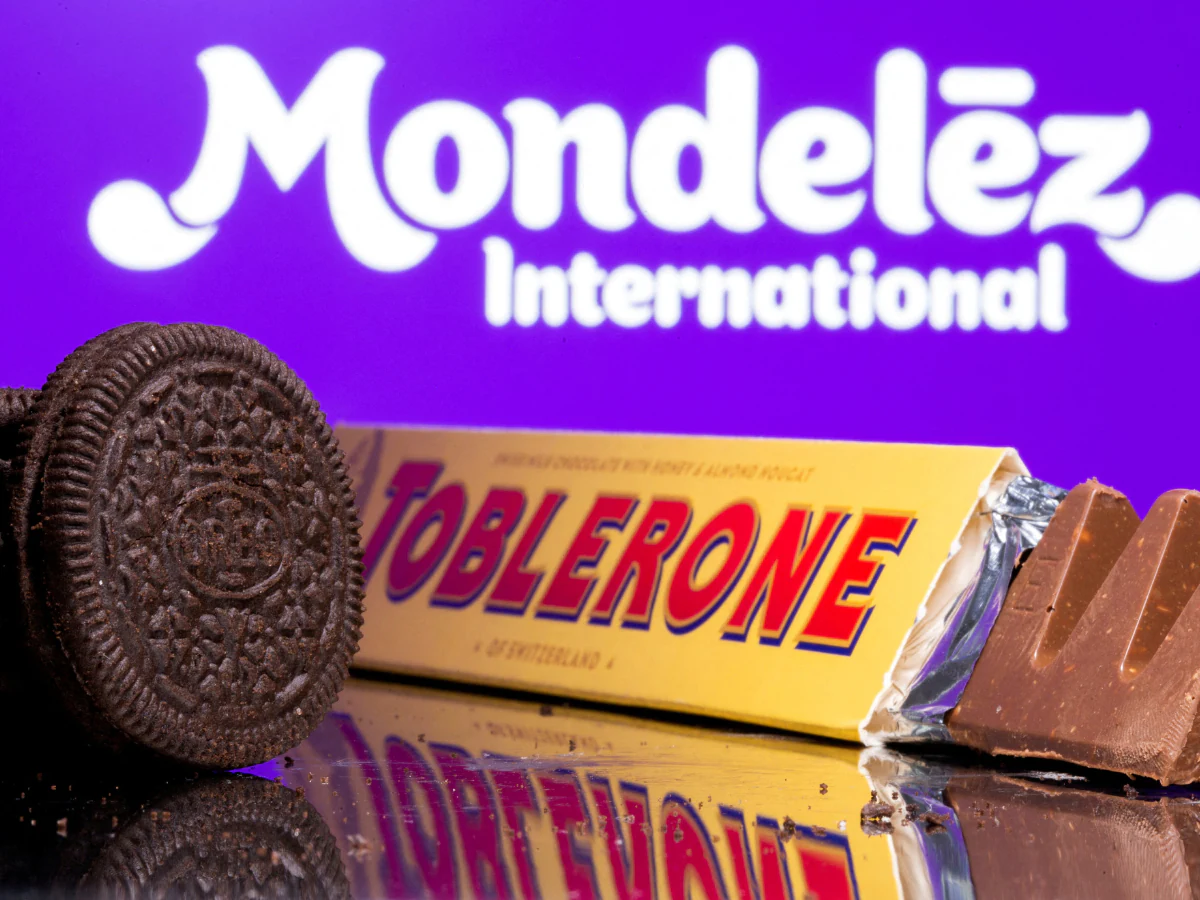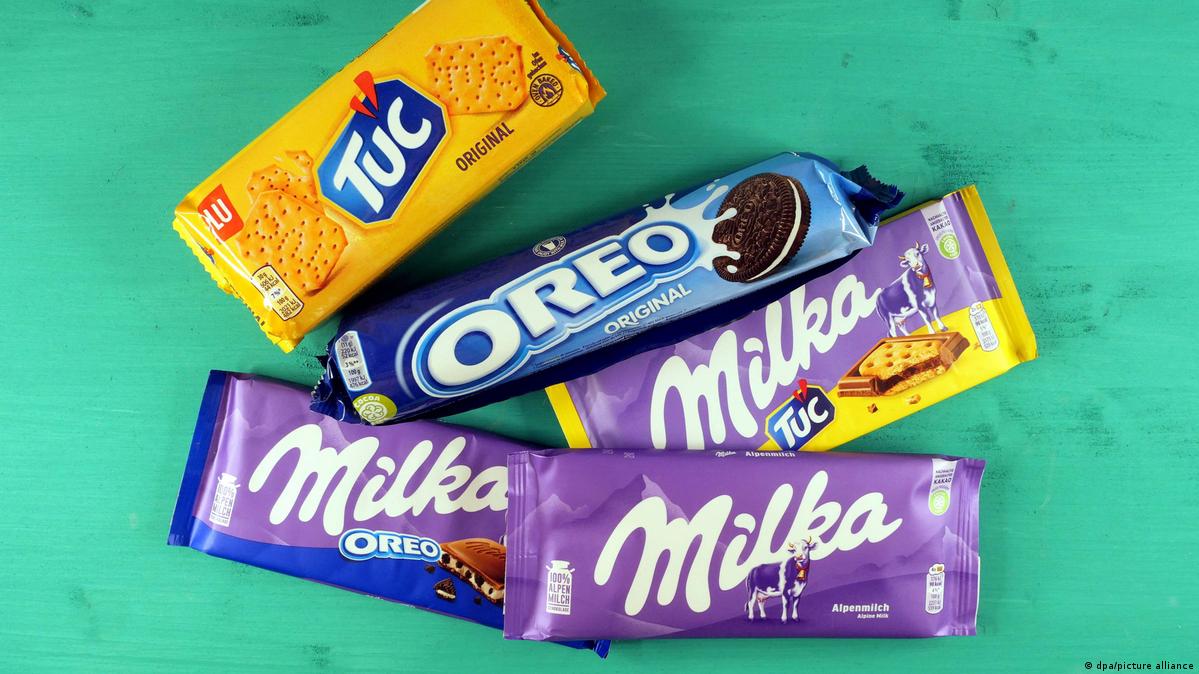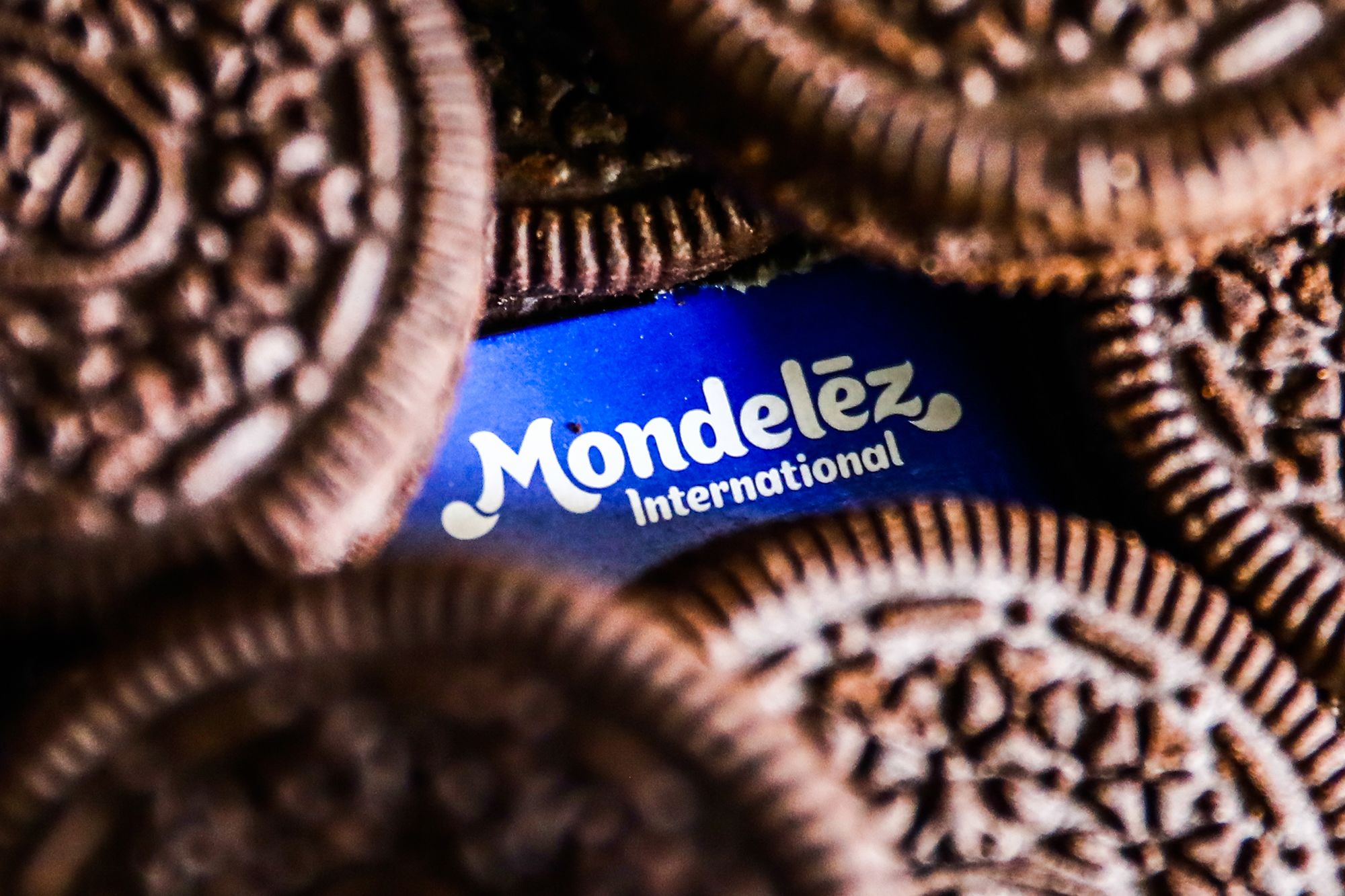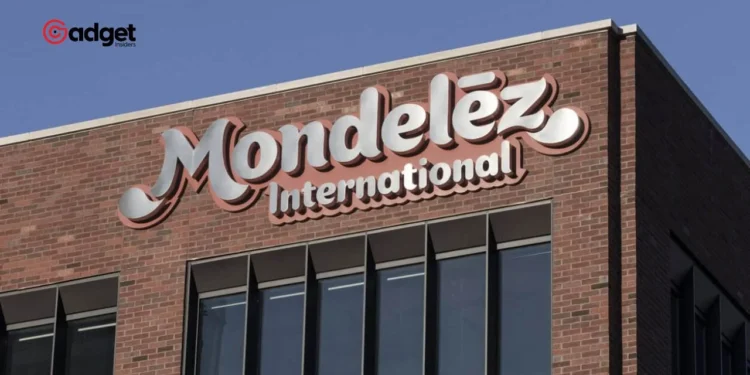In a significant regulatory action, the European Union has imposed a hefty fine of €337.5 million (approximately $366 million) on Mondelez, the powerhouse behind beloved brands like Oreo, Toblerone, and Cadbury.
The fine was levied for practices that allegedly restricted cheaper cross-border sales of chocolate, biscuits, and coffee, compelling European consumers to pay more amidst a soaring cost-of-living crisis.

A Blow to Free Trade Within Europe
Margrethe Vestager, the EU’s competition commissioner, expressed that this case centers around more than just confectionary goods; it’s a pressing issue concerning the price of groceries—a matter of substantial importance to European citizens, especially in these times of high inflation. “This harmed consumers, who ended up paying more for chocolate, biscuits, and coffee,” Vestager reported during a press briefing in Brussels.
The inquiry into Mondelez’s practices dates back to early 2021, with initial suspicions prompting raids on Mondelez offices across Europe as early as November 2019.
The European Commission accuses Mondelez of strategically limiting traders’ ability to sell products in countries where prices could be kept artificially high. For instance, certain chocolate bars were reportedly withdrawn from the Netherlands to prevent them being sold in Belgium at a lower price.
Impact on European Households
This fine arrives at a crucial time when European households are already grappling with escalating food costs, further exacerbated by economic downturns and geopolitical tensions, such as Russia’s invasion of Ukraine in 2022. Despite a recent slowdown in inflation, the cost of living remains a hot-button issue, with businesses facing scrutiny over their profit margins during these trying times.

The penalty, marking the EU’s ninth-largest antitrust fine, underscores the bloc’s commitment to maintaining the integrity of its single market—a system built on the free movement of goods and services. Vestager emphasized the importance of allowing traders the freedom to purchase goods in other countries where they are cheaper, a practice which “increases competition, lowers prices, and increases consumer choice.”
Mondelez’s Response
Responding to the allegations and subsequent fine, Mondelez defended its position, stating that the incidents cited by the EU were “historical, isolated incidents” that had largely been resolved well before the Commission’s investigative proceedings began.
The company also mentioned that many of these incidents involved business dealings that were sporadic and often related to small-scale distributors, which did not have a significant impact on Mondelez’s overall market presence in the EU.

In anticipation of financial repercussions, Mondelez had previously set aside €300 million. With this provision in place, the company assured that “no further measures to finance the fine will be necessary.”
As the EU continues to enforce its competition laws, this case will likely serve as a critical reminder to multinational corporations about the stringent regulations governing trade practices within the bloc. The ongoing scrutiny of corporate practices is a clear indicator of the EU’s determination to protect consumers and ensure fair pricing across its member states.










